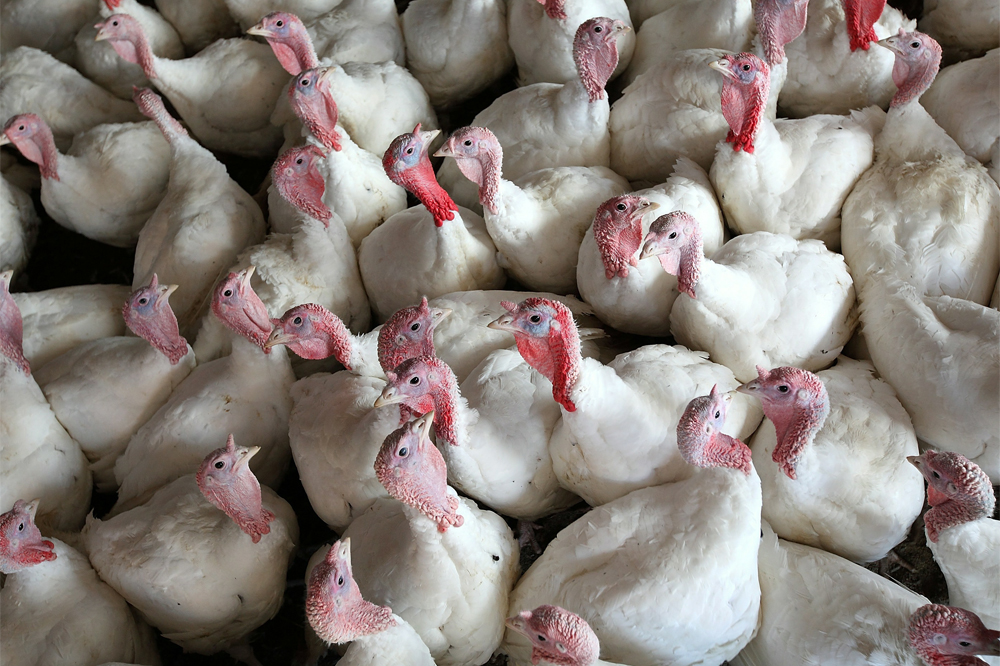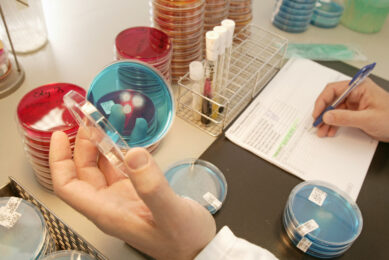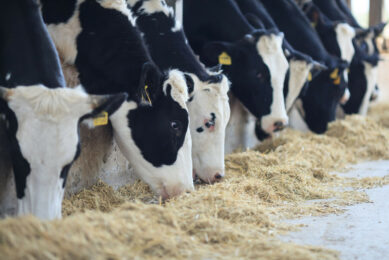Russia to tackle feed antibiotic problem

Antibiotic residues in livestock production has become a growing problem in Russia in the last couple of years. This is according to the head of Russian sanitary service Rospotrebnadzor, Anna Popova. But how will Russia tackle this problem?
Russia has strict rules on the use of antibiotics. However, violations are taking place, and sometimes they even pose a danger to the health of consumers. Last year Russia produced 87.9 tonnes of antibiotics, twice the amount compared to 2014. And several people in Orlov Oblast have been hospitalised with poisoning and after investigation it was discovered that the all ate meat with antibiotic levels exceeding the maximum allowable rate by 270 times.
Call for a decrease in allowable rates
Management of Rospotrebnadzor admit that Russia has a problem with antibiotic use, in the same way almost all other countries do, and announced the intention to take some measures to gradually decrease it, over the coming years. “A large number of products arriving at consumers tables, including meat, milk, fish and eggs may contain residues of antibiotics that farmers have been feeding their animals,” said Anna Popova, adding that Russia has even stricter rules on the use of antibiotics than the European Union (EU) do, but still within the next several years the country will launch a revisal of these rates with a view to their reduction. “We believe that even permitted levels of antibiotics in food increase rates of gastrointestinal diseases of consumers, in particular, children,” she stated, also claiming that feed antibiotics will ultimately lead to the appearance of superbugs. “In the end, they will cease to be effective, and simple infections and minor injuries again become lethal. Antibiotic use in agriculture will result in widespread of incurable diseases.”
Lack of control
Experts pointed out that the allowable rate on tetracycline is 0.01 mg/kg, and Rospotrebnadzor annually collects 20,000 samples from the market to monitor the rate of antibiotics. However, a consumer protecting organisation still complains about the lack of control on the market.
“For example, in cows drugs are excreted from milk within 14 days after the end of its use,” commented chairman of the Russian Consumer Rights Protection Society Mikhail Anshakov. “However, for manufacturers it is not profitable to allow such a delay in the production process, so they simply add treated animals to healthy herd. As a result, milk with antibiotics hit grocery store shelves.” At the same time, there is currently an increase in the trend for organic food products in Russia. However, this label in Russia means nothing, as milk claimed to be organic also contains antibiotics. “Milk from private farms, or milk with the organic label, based on the results of our tests, often is not healthy either. We purchased samples of farm milk at the markets and in special machines and received positive test results for tetracycline,” Mikhail Anshakov has added.











